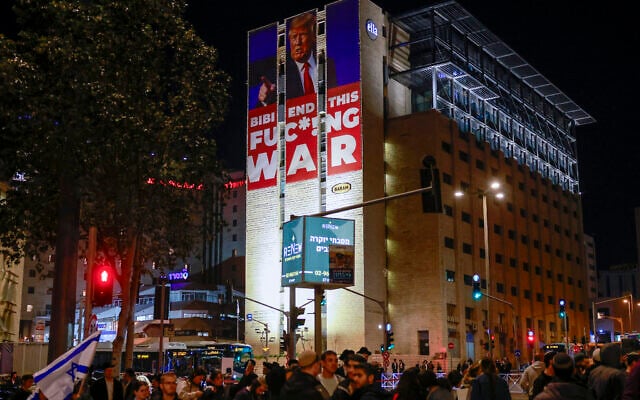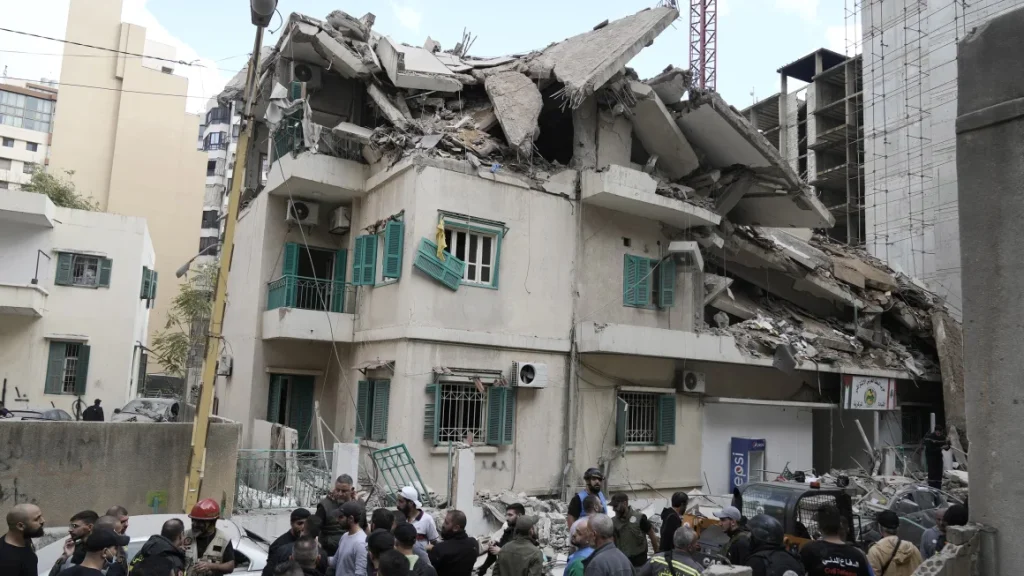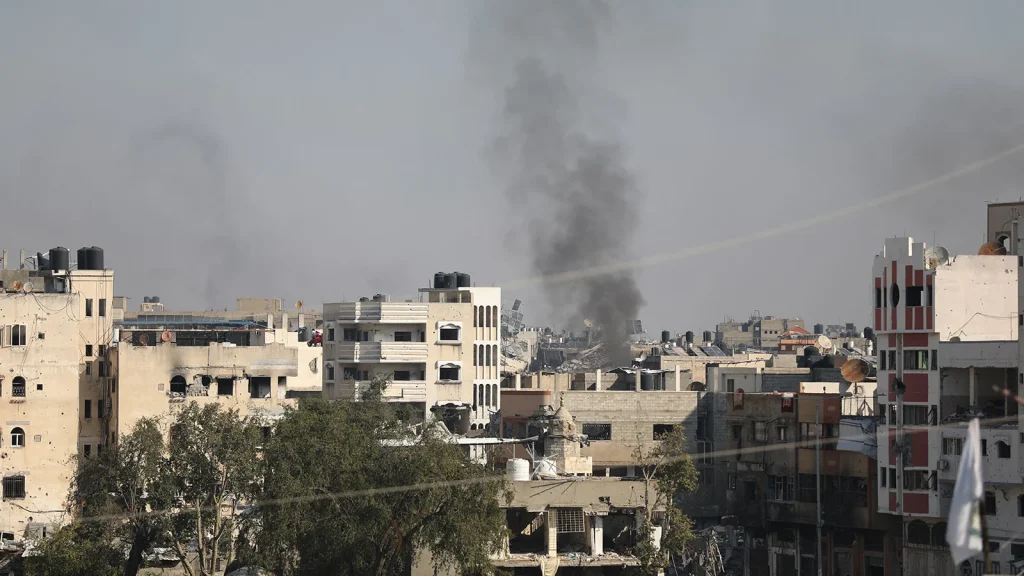‘Final round’ of Gaza talks to start today in Qatar — official

The highly anticipated “final round” of talks aimed at securing a resolution to the ongoing Gaza conflict is set to begin today in Qatar, according to officials familiar with the negotiations. These discussions, which involve key stakeholders from the international community, are being seen as a crucial opportunity to bring a lasting ceasefire and humanitarian relief to the war-torn region.
The talks come after weeks of intense diplomatic efforts, as global pressure mounts for an end to the violence that has caused widespread destruction and loss of life in Gaza. International diplomats, including representatives from the United Nations, the United States, and regional actors like Egypt and Qatar, are expected to play pivotal roles in the final phase of negotiations.
High Stakes for the Region
The situation in Gaza has been dire since hostilities erupted several months ago. Thousands of lives have been lost, and infrastructure across Gaza has been severely damaged. The humanitarian crisis has reached alarming levels, with displaced families, a shortage of food and medical supplies, and a lack of access to essential services.
International organizations and governments have been working tirelessly to mediate a ceasefire between Israel and Palestinian factions, but previous rounds of talks have failed to produce lasting peace. This “final round” of discussions, however, is seen by many as the last opportunity to broker a resolution that could lead to an end to the fighting and begin the process of rebuilding Gaza.
Qatar, which has long been involved in efforts to mediate peace in the region, is hosting the talks, a move that underscores its influential role in Middle Eastern diplomacy. The country has been a consistent supporter of Palestinian causes and has provided significant humanitarian aid to Gaza in recent years.
Key Issues on the Table
The upcoming round of talks is expected to focus on several key issues that have been at the heart of the conflict, including the terms of a ceasefire, humanitarian access, and the lifting of blockades on Gaza.
One of the most pressing issues is the ongoing humanitarian crisis. Gaza’s population has been devastated by the conflict, with hospitals overwhelmed by casualties, and essential supplies running low. The international community is calling for immediate humanitarian aid to be allowed into Gaza, and for safe corridors to be established so that aid can reach those in need without obstruction.
Another critical issue in the talks is the question of Gaza’s future governance. There are competing interests within the Palestinian factions, with the Islamist group Hamas currently controlling Gaza while the Palestinian Authority governs parts of the West Bank. Both Israel and international actors have expressed concerns over Hamas’ control of Gaza, complicating efforts to reach a unified Palestinian leadership that can negotiate a lasting peace deal.
The question of security is also a major point of contention. Israel has expressed concerns about Hamas’ military capabilities and its ability to launch attacks across the border, while Palestinian groups have called for an end to the Israeli blockade of Gaza, which has been in place for over a decade. Finding a balance between security concerns and the need for economic recovery in Gaza will be a difficult challenge for negotiators.
International Involvement and Diplomatic Pressure
The international community has been actively involved in the push for peace, with the United Nations calling for an immediate ceasefire and the United States, European Union, and Arab states pressing both sides to negotiate. Qatar, a key player in regional diplomacy, has hosted multiple rounds of negotiations and has strong ties to Palestinian factions. The country’s involvement is seen as an attempt to leverage its influence to secure a resolution, though its role has been met with mixed reactions from various stakeholders.
The final round of talks will also include discussions on the future of Gaza’s reconstruction. As much of the infrastructure in the enclave has been destroyed, rebuilding efforts will require significant international assistance. Qatar has already pledged to provide funding for rebuilding efforts, but long-term solutions will require coordination between Palestinian leadership, Israel, and international donors.
While the stakes are high, many analysts remain skeptical about the prospects for a lasting agreement. Previous ceasefire deals have been temporary and have failed to address the underlying issues fueling the conflict. The deep-rooted political divisions within Palestinian factions, along with Israel’s security concerns, make it difficult to envision a quick resolution.
Moreover, the involvement of multiple international actors, each with their own agendas and priorities, adds an additional layer of complexity to the negotiations. The geopolitical landscape in the Middle East is constantly shifting, and the talks in Qatar will need to navigate these dynamics carefully if they are to succeed.
A Hope for Peace
Despite the challenges, there is a sense of cautious optimism surrounding the talks. Both sides appear to be under significant pressure to reach a deal, and the humanitarian situation in Gaza has created a sense of urgency. The international community, particularly countries in the Middle East, has been vocal in urging the parties to come to an agreement, emphasizing that a resolution is critical not just for Gaza, but for regional stability as well.
As the “final round” of talks begins in Qatar, all eyes will be on the negotiators as they seek to hammer out a deal that could end the violence and pave the way for long-term peace in Gaza. Whether the discussions will lead to lasting change remains uncertain, but the world is watching closely, hopeful that this round of negotiations will finally bring relief to a region that has endured decades of conflict.






